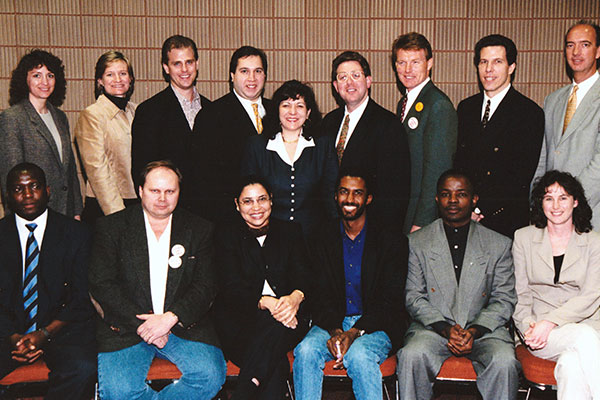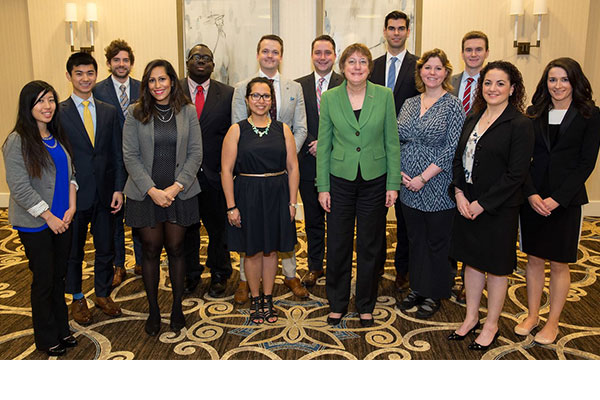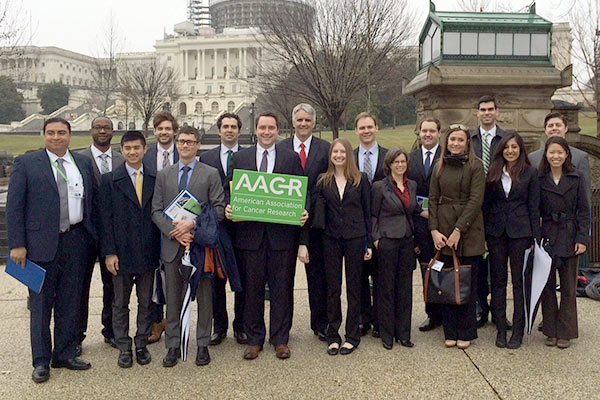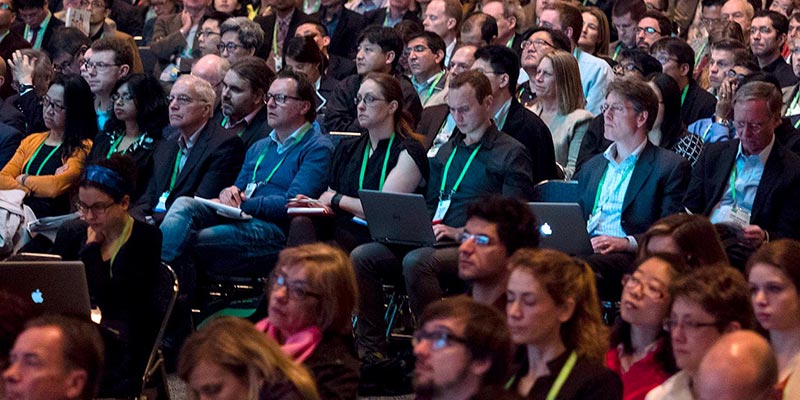
Membership by the Numbers
With a focus on innovative cancer science and a staunch commitment to improving the lives of cancer patients worldwide, the 37,000 members of the AACR work together to pursue their common mission of preventing and curing all cancers. AACR programs and initiatives foster collaborations across the cancer research community, building productive relationships among scientists, clinicians, and patient advocates to catalyze discoveries and translate those advances to cancer patients.
Members by Category
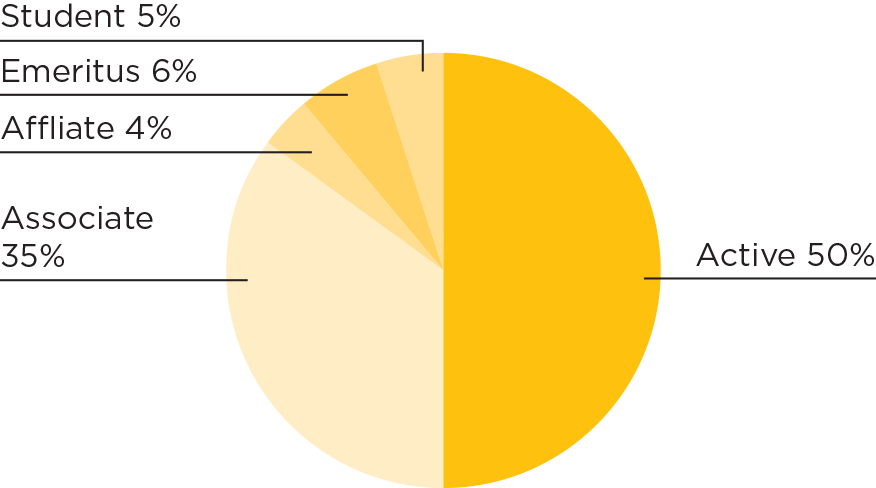
Active Members: Established laboratory researchers, physician-scientists, clinicians, and population scientists
Associate Members: Young laboratory scientists and physicians-in-training (graduate students, medical students and residents, and clinical and postdoctoral fellows)
Student Members: Undergraduate and high school students
Emeritus Members: Active members who have reached the age of 70 years
Affiliate Members: Other health care professionals (practicing oncologists, nurses, laboratory technicians, non-scientific corporate professionals, and patient advocates)
5,433
New members joined the AACR in 2016.
58
Nobel Laureates have been members of the AACR.
198
Patient advocates are members of the AACR. An additional 800 patient advocates have been actively involved in AACR Survivor and Patient Advocacy activities.
2,839
Individuals have been AACR members for more than 25 years.
130
Individuals have been AACR members for more than 50 years.
108
Countries are represented by AACR members.
Members by Continent /
Top Three Countries per Continent
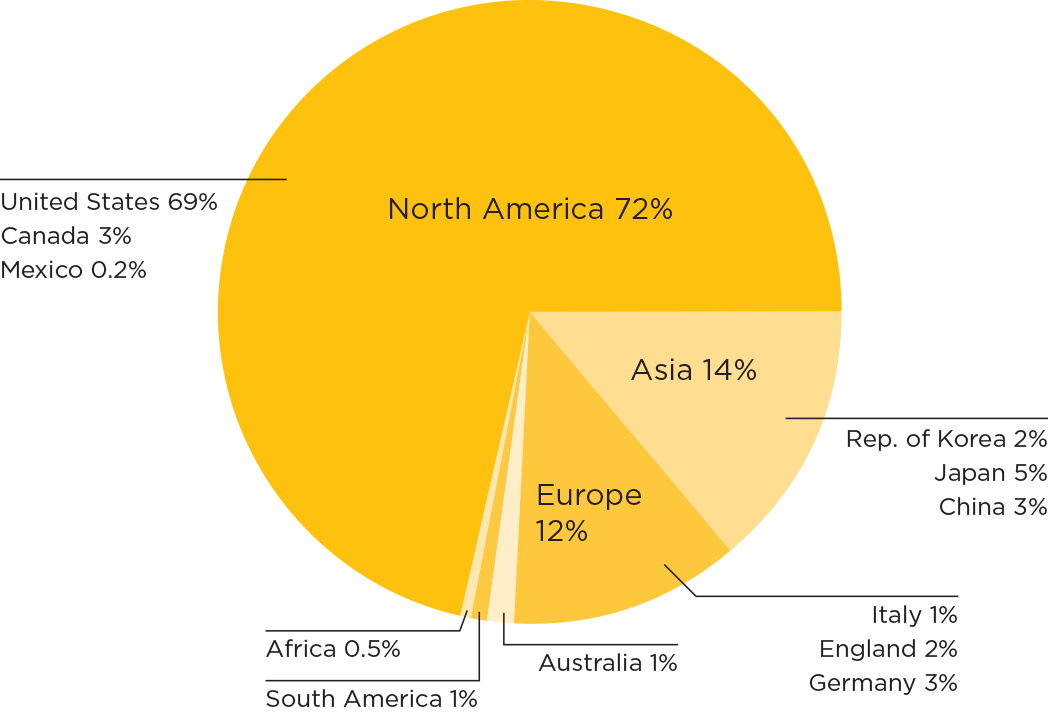
Note: Totals may not equal 100% due to rounding.
Members by Work Setting
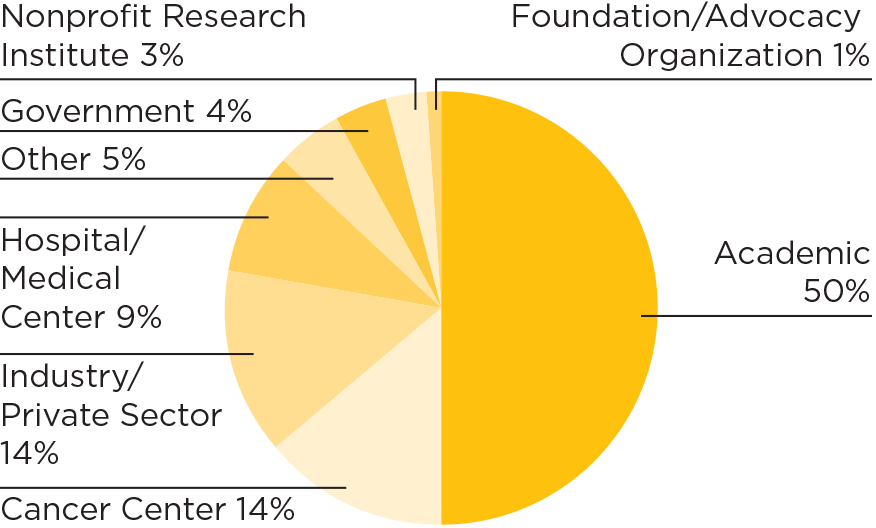
Members by Race/Ethnicity
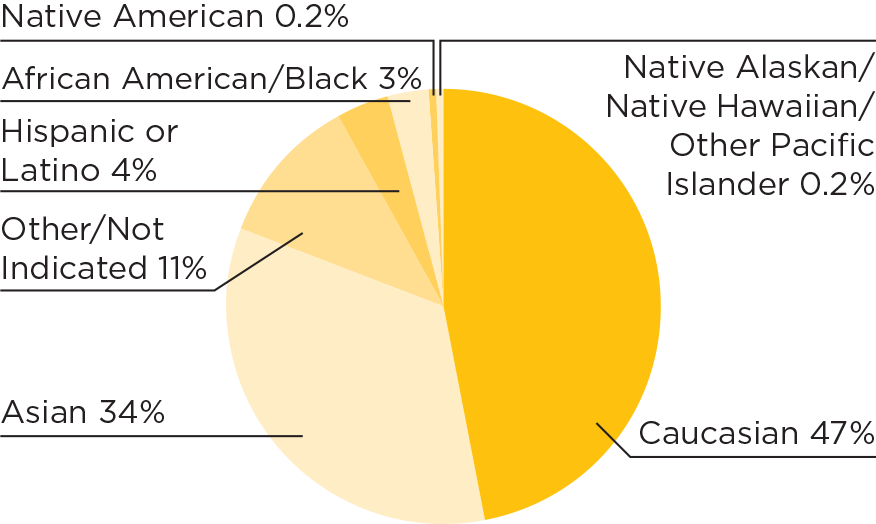
Members by Degree
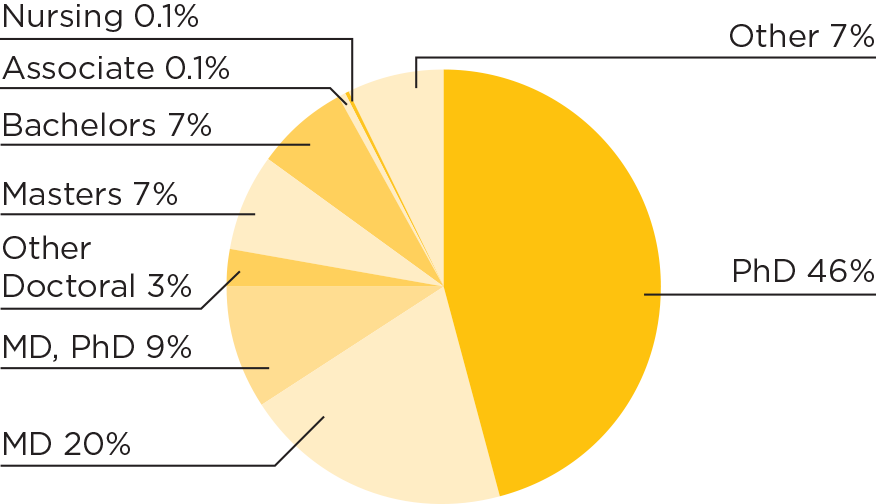
Members by Gender
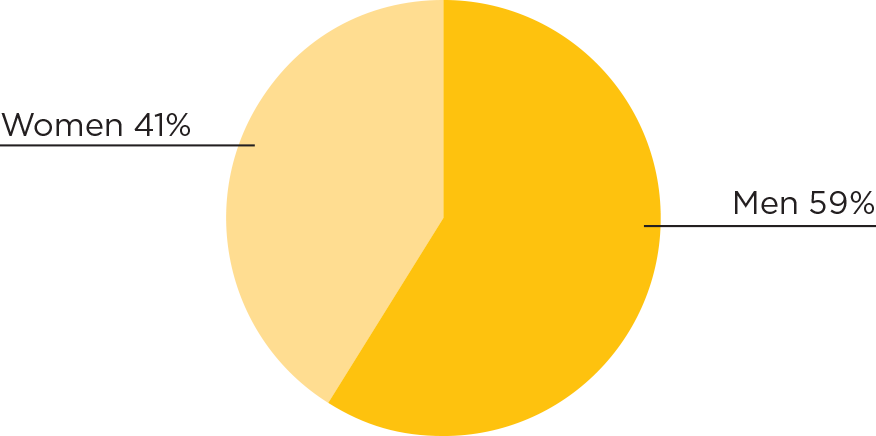
Members by Location
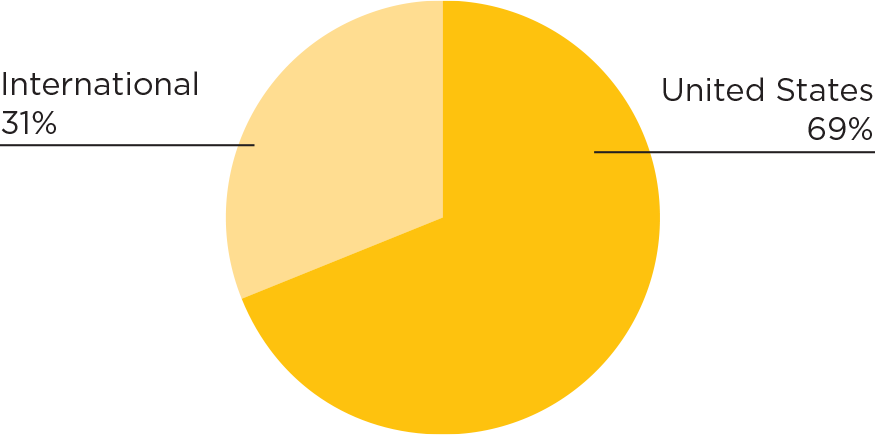
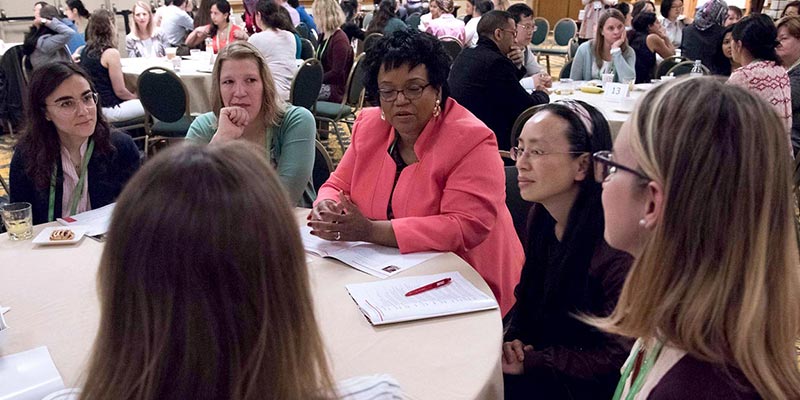
AACR Membership: Harnessing the Power of Diversity
The AACR takes a deliberate approach to diversifying the cancer research community through programs designed to highlight and empower those who have been historically underrepresented in the scientific community. Through Minorities in Cancer Research (MICR), Women in Cancer Research (WICR), and the Associate Member Council (AMC), the AACR provides brilliant scientists with the support they need to flourish, maintaining a robust cancer workforce that is diverse in its makeup but uniform in its dedication to patients.
AACR-Minorities in Cancer Research (2016 Council Chair: Rick A. Kittles, PhD)
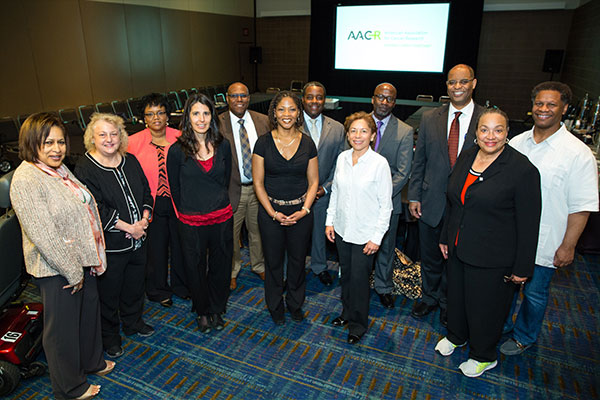
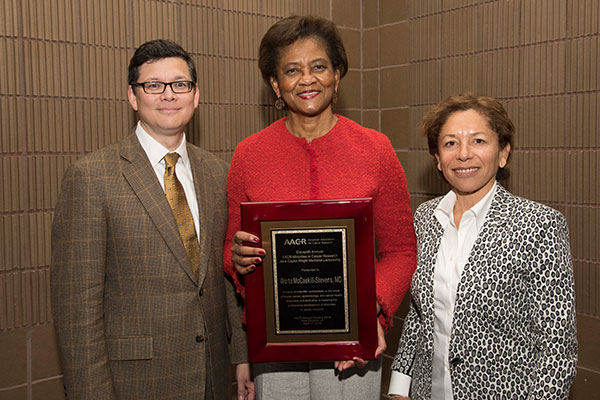
Women in Cancer Research
(2016 Council Chair: Patricia M. LoRusso, DO)
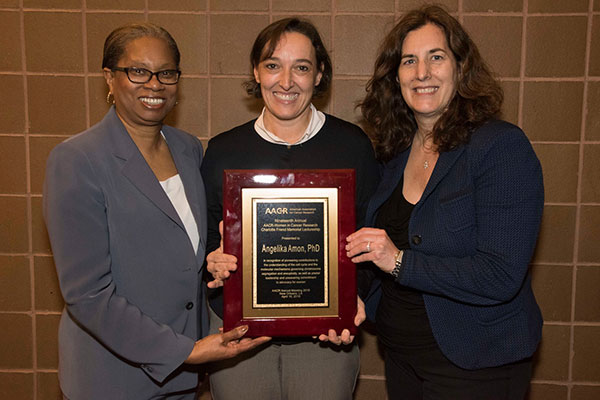
Associate Member Council
(2016 Chair: Diana M. Merino, MSc, PhD)
